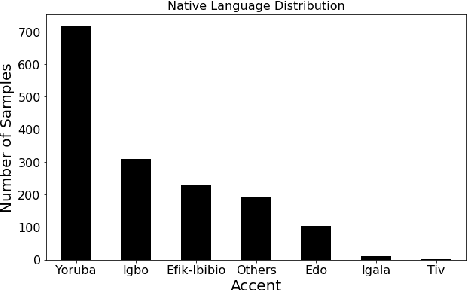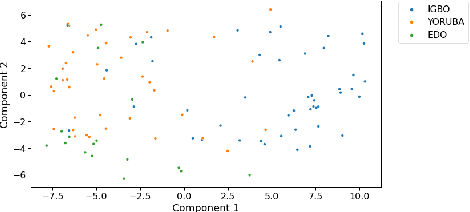Oladimeji Mudele
Causal Shift-Response Functions with Neural Networks: The Health Benefits of Lowering Air Quality Standards in the US
Feb 06, 2023Abstract:Policymakers are required to evaluate the health benefits of reducing the National Ambient Air Quality Standards (NAAQS; i.e., the safety standards) for fine particulate matter PM 2.5 before implementing new policies. We formulate this objective as a shift-response function (SRF) and develop methods to analyze the problem using methods for causal inference, specifically under the stochastic interventions framework. SRFs model the average change in an outcome of interest resulting from a hypothetical shift in the observed exposure distribution. We propose a new broadly applicable doubly-robust method to learn SRFs using targeted regularization with neural networks. We evaluate our proposed method under various benchmarks specific for marginal estimates as a function of continuous exposure. Finally, we implement our estimator in the motivating application that considers the potential reduction in deaths from lowering the NAAQS from the current level of 12 $\mu g/m^3$ to levels that are recently proposed by the Environmental Protection Agency in the US (10, 9, and 8 $\mu g/m^3$).
Learning Nigerian accent embeddings from speech: preliminary results based on SautiDB-Naija corpus
Dec 12, 2021



Abstract:This paper describes foundational efforts with SautiDB-Naija, a novel corpus of non-native (L2) Nigerian English speech. We describe how the corpus was created and curated as well as preliminary experiments with accent classification and learning Nigerian accent embeddings. The initial version of the corpus includes over 900 recordings from L2 English speakers of Nigerian languages, such as Yoruba, Igbo, Edo, Efik-Ibibio, and Igala. We further demonstrate how fine-tuning on a pre-trained model like wav2vec can yield representations suitable for related speech tasks such as accent classification. SautiDB-Naija has been published to Zenodo for general use under a flexible Creative Commons License.
 Add to Chrome
Add to Chrome Add to Firefox
Add to Firefox Add to Edge
Add to Edge